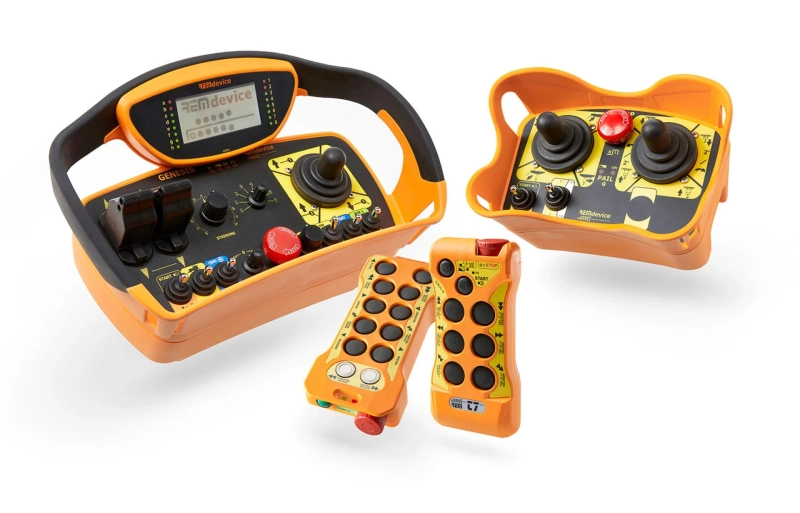With the ever-evolving technological industry, there has been a massive shift in multiple industries in terms of efficiency and workload. Just like how an industrial remote control has changed the way of operations. These technologies have revolutionised how numerous jobs are conducted in the industry thanks to their advanced wireless connectivity and automation capabilities.
Here’s how efficient an industrial remote control can be –
Precision and Accuracy
With industrial remote controls, operators may precisely operate machinery, equipment, and processes. This degree of accuracy lowers the possibility of mistakes, resulting in reliable and high-quality results.
Reduced Downtime
Industrial remote control lessens the need for manual intervention, which, in turn, lessens the time needed to physically access and operate equipment or downtime brought on by human mistakes. Quick and remote access raises productivity by ensuring seamless operations.
Better Safety
One of the best advantages of industrial remote control is enhanced safety. When working with heavy equipment, ensuring the workers’ safety is paramount. An industrial remote control system can be ideal for providing workers safety and security in construction sites.
Efficiency
Operators can handle industrial remote control to manage numerous jobs at once. Operators may multitask effectively and optimise resource allocation when several machines or processes can be controlled from a single interface.
Real-Time Monitoring and Analysis
Contemporary industrial remote control systems frequently include real-time monitoring and information-gathering features. Remote access to critical data and analytics allows operators to make well-informed decisions and perform preventative maintenance.
Customisable
Industrial remote control systems can be modified to meet specific operating requirements. They are adaptable instruments that can suit varied operations in an industrial context since they can be used to control numerous kinds of machines.
Empowering Employee
Giving staff members the means to oversee operations from a distance encourages them to assume responsibility for their work. This additional responsibility might result from additional engagement, better work satisfaction, and a sense of accomplishment from helping to run operations effectively.
Therefore, industrial remote control systems are an innovative tool that can change the game, enhancing work efficiency and reducing workload. It has emerged as a key enabler of efficiency and success.


